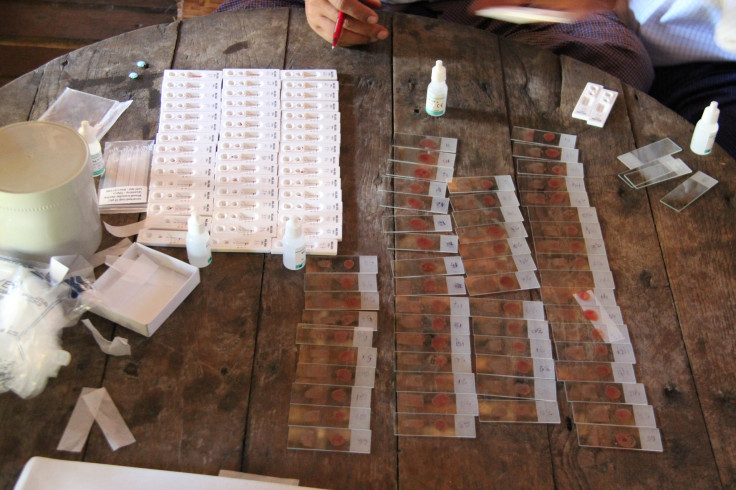Nobel Prize For Medicine Winners 2015: 3 Scientists Who Discovered Drugs Treating Parasitic Diseases Take Top Award

Three scientists won the Nobel Prize in Physiology or Medicine for discovering drugs that led to the development of treatments for debilitating parasitic diseases, including malaria, river blindness and elephantiasis, the Nobel Committee announced Monday. Hundreds of millions of people around the world, mainly in developing countries, have these diseases, some of which are known as "neglected tropical diseases" that have begun to garner global attention only in the past decade.
The committee awarded half the prize jointly to William C. Campbell of Ireland and Satoshi Omura of Japan and the other half to Youyou Tu of China.
"These two discoveries have provided humankind with powerful new means to combat these debilitating diseases that affect hundreds of millions of people annually," the Nobel Committee said in a statement. "The consequences in terms of improved human health and reduced suffering are immeasurable."
Campbell and Omura discovered avermectin, a derivative of ivermectin that is used to fight roundworms that can cause infections like river blindness or strongyloidiasis, which affects the intestines, lungs or skin of anywhere from 30 to 100 million people worldwide, according to the World Health Organization. In combination with other drugs, ivermectin can also help treat lymphatic filariasis, or elephantiasis, in which body parts become abnormally large and even disabling.
Tu discovered artemisinin, a drug derived from a Chinese herb that has been on the front line of fighting malaria. From 2000 to 2014, malaria rates dropped by 47 percent, largely because of therapies based on the drug. Still, more than 450,000 people die annually from malaria, according to the Nobel Committee's statement.
More than one-third of the world's people are afflicted by helminths, or parasitic worms. They tend to be prevalent in tropical regions and developing countries, like sub-Saharan Africa or South Asia and Central America. "After decades of limited progress in developing durable therapies for parasitic diseases, the discoveries by this year’s laureates radically changed the situation," the Nobel Committee said.
The Nobel Prize in Physiology or Medicine is awarded to "the person who shall have made the most important discovery within the domain of physiology or medicine," in the words of Alfred Nobel, the prize's founder. Since 1901, 105 prizes in the field have been awarded.
© Copyright IBTimes 2025. All rights reserved.






















